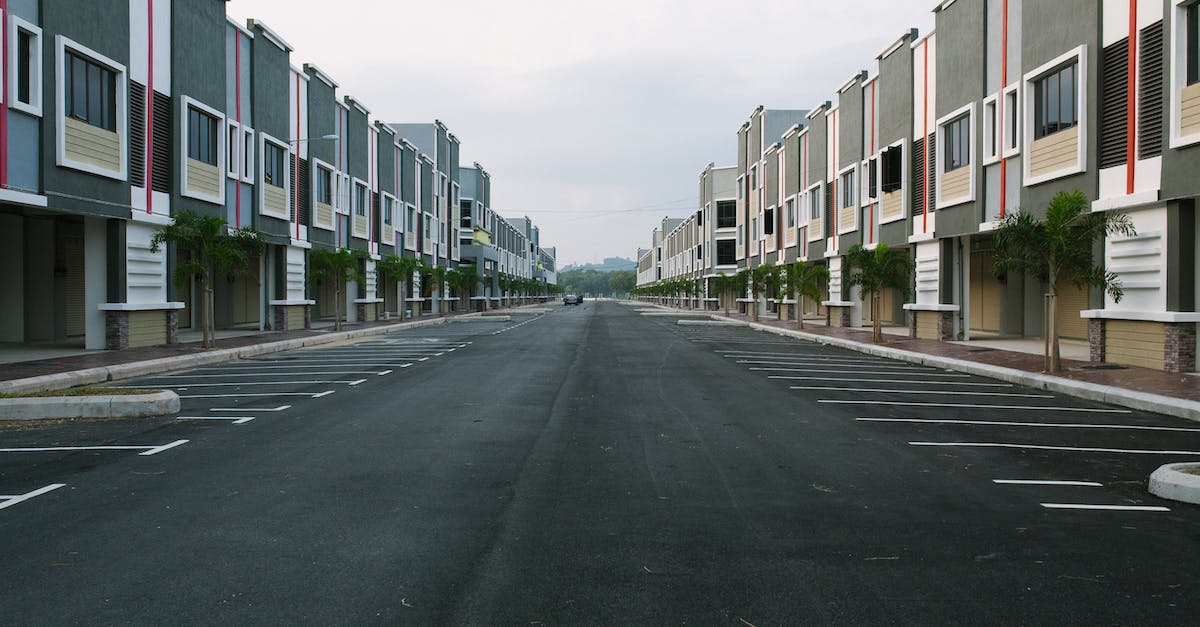Housing affordability and the housing crisis have been hot topics of conversation for the past few years. While the housing market has been generally stable, house prices seem to be rising more and more every year.
With house prices currently skyrocketing, buying an affordable home seems impossible for the average individual. Along with high purchase prices, expensive monthly rent payments can make it even harder for individuals to find housing.
This is where social housing comes into play. With many major cities discussing and implementing social housing properties for eligible households, other homeowners may wonder if the lower prices could affect the value of their homes.
Breaking down the housing affordability issue and the concept of social housing can help us understand how these things can affect property value.
What is social housing?
In order to work towards creating affordable housing and intermediate housing for individuals with low to moderate incomes, the Ontario government has been working on implementing more social housing opportunities in major cities across the province. This type of housing is offered to eligible households whose specific housing needs are not being met by the current real estate market.
Creating quality affordable housing
Social housing is lower-cost rental units, apartments, and properties that are government-funded and include public housing, not-for-profit or co-op housing units, rent supplement programs, and rural/native housing. These houses, apartments, and community housing projects are just one way in which Ontario is seeking to help residents find affordable housing options that might not be available on the market.
Ontario’s social housing
According to the Ontario Human Rights Commission, “When they are properly funded and operated efficiently, social housing programs have the potential to provide viable housing options to people and families who cannot compete in the private rental market.”
The Social Housing Agreement was originally signed in 1999 by the Canada Mortgage and Housing Corporation and was under the responsibility of the provincial government. Since then, it has fallen under service managers, housing associations, and local authorities who are responsible for funding and managing the properties.
In 2019, Ontario came up with a renewal strategy for these affordable housing options that sought to ensure the sustainability, reparation, and growth of the community housing system.
While this form of affordable housing isn’t going to fix the problem, it still has benefits like creating opportunities for economic development, boosting communities, and giving tenants the ability to find housing that they can afford that is not available in the current market.

Social housing and its impact on property values
Moderate to low-income housing developments is one way in which the government is hoping to fix the housing crisis in Ontario. However, these new developments and forms of affordable housing raise the question of how they will affect the surrounding streets and communities.
Common assumptions about a social housing development
Opposition to social housing developments can come from both genuine concerns and assumptions or stereotypes about lower-income tenants or communities.
Some of these assumptions include that the crime rates will increase, the new residents won’t fit in the neighbourhood, there will be more traffic or noise, there will be a strain on public infrastructure, and the property values of the neighbourhood will be negatively affected.
“Not In My Backyard”
These oppositions generally reflect the “Not in My Backyard”(NIMBY) issue. This comes about when neighbours hold these negative stereotypes and biases around adding affordable housing apartments and properties to a neighbourhood or city.
As well, these biases can very easily go against the human right to be free from discrimination when it comes to housing. It’s important to consider this syndrome before diving into the effects of social housing on residential property values in the immediate areas.
Research on nearby property values
If you are concerned about the effect that affordable housing projects might have on your property or land, you can rest easy. Extensive research has been done on this topic in North America and in 25 out of 26 case studies, surrounding property values were not negatively affected by these affordable housing developments. The one other study’s results on property values came back with inconclusive data.
British Columbia’s research
In some places, new research found that an affordable housing development could actually increase prices in the surrounding community. For example, British Columbia conducted a study that oversaw seven different projects in various cities and tracked their impacts on the property values of surrounding homes. Of the seven cases, five saw more growth in property value than the control group.
This research suggests that adding affordable housing options to a neighbourhood will not negatively affect the values of the surrounding homes and apartments.
An important factor of any community with low-income housing is to successfully integrate the two types of housing. This can not only help grow the community in the neighbourhood and break down stereotypes, but it can also benefit surrounding property values.
Things that contribute to property values
Something that virtually all homeowners want to know is how much their home is worth. Using a variety of resources and data can help you determine how much you should sell your home for.
Updates and add-ons
One main influence on house price and value is the state of the home. While an older home can have its own benefits, updates and renovations can add value to your property. As well, things like pools, outdoor entertainment areas, in-law suites, and sheds can add value.

Location, location, location
As any real estate agent knows, location is everything. Residential property values can increase if you’re located near schools, public transit, hospitals, and have easy access to grocery stores. On the flip side, being right on an extremely busy street or being further away from grocery or department stores can have a negative effect on the property value.
All this being said, the property’s value and house price change depending on the potential buyer, so it’s important to take that into consideration when selling your home.
Talk to professionals
If you’re planning on buying a home or putting your home on the market, you may have no idea where to start. Especially if you want to discuss property values, it’s recommended that you talk to a professional realtor or real estate appraisal group. These professionals can offer a variety of services and pieces of advice that can be useful when entering the real estate market. Understanding your options and property values can help you find a great home within your budget or help you price your home accurately.
Helana Mulder is one of REP/CREW magazine’s content writers and has been writing with them for a few months now. Helana’s interest in real estate writing began when her father started his real estate business over 15 years ago. After graduating from university with a degree in English Writing and Communications, Helana began writing content professionally. Outside of work, Helana enjoys listening to music, playing card games with friends, and reading the latest true crime novel.









